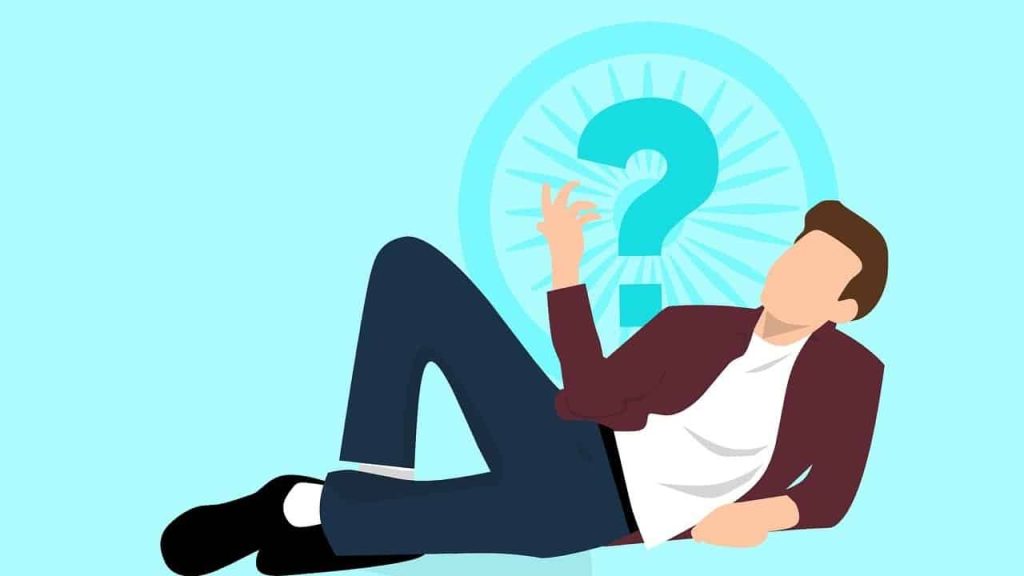Getting out of prison can be a huge change, and figuring out your next steps can feel overwhelming. One of the most important things to think about is how you’ll get food on the table. Food Stamps, officially known as the Supplemental Nutrition Assistance Program (SNAP), can help with this. This essay will break down the main things you need to know about whether you can get Food Stamps after you’ve been released from prison.
Do Felons Qualify for Food Stamps?
The good news is, yes, in most cases. **You generally do qualify for Food Stamps if you got out of prison, even if you were convicted of a felony.** However, the rules can change depending on the state you live in. Some states have specific rules about drug-related felonies, but most will let you apply and get benefits if you meet other requirements.

Eligibility Requirements Beyond Criminal History
While your criminal history is often not an automatic disqualifier, you still need to meet the regular requirements for SNAP. These focus on things like your income and resources. SNAP is designed to help people with limited financial means buy food.
To figure out if you meet the income requirements, you’ll need to know your household’s gross monthly income. This includes money from jobs, unemployment, and any other sources. SNAP has different income limits depending on the size of your household. For example:
- One-person household: $2,742
- Two-person household: $3,700
- Three-person household: $4,658
You’ll also need to consider your resources, like how much money you have in the bank. These limits are also set by the government. If your income and resources are below the limits, you are more likely to be eligible for Food Stamps.
It’s important to remember that these numbers can change, so it’s crucial to check the latest information from your state’s SNAP program.
The Application Process: What to Expect
Applying for SNAP involves a few steps. You’ll need to find the right application for your state. This can usually be done online, at your local Department of Social Services office, or sometimes through a community organization. The application will ask for information about you, your household, your income, and your resources.
You’ll need to provide proof to support your claims. This might include:
- Identification (like a driver’s license or state ID)
- Proof of income (pay stubs, unemployment benefits letter)
- Proof of housing costs (lease agreement, mortgage statement)
- Proof of any other expenses, like childcare or medical costs
The application process can take a while, so be patient. You may also need to attend an interview with a SNAP caseworker. This interview is to verify the information you provided on your application.
Once approved, you’ll receive an EBT (Electronic Benefit Transfer) card, which works like a debit card for buying food at approved stores.
Drug-Related Felony Convictions and SNAP
As mentioned before, drug-related felony convictions can sometimes complicate SNAP eligibility. Some states have policies that can limit benefits for people with these types of convictions. However, even in these states, there are ways to overcome these restrictions.
Here’s how it works in some places:
| Situation | Possible Outcome |
|---|---|
| Conviction is for a drug-related felony | SNAP eligibility may be limited or denied |
| Successfully completing a drug treatment program | May restore SNAP eligibility |
| Showing compliance with parole or probation | May also restore SNAP eligibility |
It is important to check your state’s specific rules about this. You can do this by:
- Visiting your state’s Department of Health and Human Services website.
- Calling your local SNAP office and asking them about the rules.
- Getting help from a legal aid organization or community service group.
Additional Resources and Support
The application process can be a little confusing, and you might have questions. Fortunately, there are many resources available to help. Your local Department of Social Services is a good place to start. They can answer your questions and guide you through the application process.
You can also get help from:
- Non-profit organizations that specialize in helping people who are formerly incarcerated.
- Legal aid groups, who can help navigate the rules and advocate for your rights.
- Food banks, which can provide immediate food assistance while you wait for your SNAP benefits to be approved.
Remember, getting help is nothing to be ashamed of. These resources are here to help you get back on your feet.
If you need more assistance, you may want to consider the following:
- Search online for food banks and other assistance programs in your area.
- Contact the Social Security Administration to see if you are eligible for any other benefits.
- Ask your parole officer for any additional resources or assistance.
Don’t be afraid to ask for help!
Remember, it is best to know all your options and research any restrictions to your eligibility so that you have a clear understanding of where you stand.
Don’t hesitate to ask for help!
In conclusion, while having a criminal record can sometimes make things complicated, it doesn’t automatically stop you from getting Food Stamps. You’ll still need to meet the basic requirements, especially concerning income and resources. By understanding the rules, getting the right documents, and seeking help if you need it, you can figure out if you qualify and get access to the food assistance you need as you start your new life.